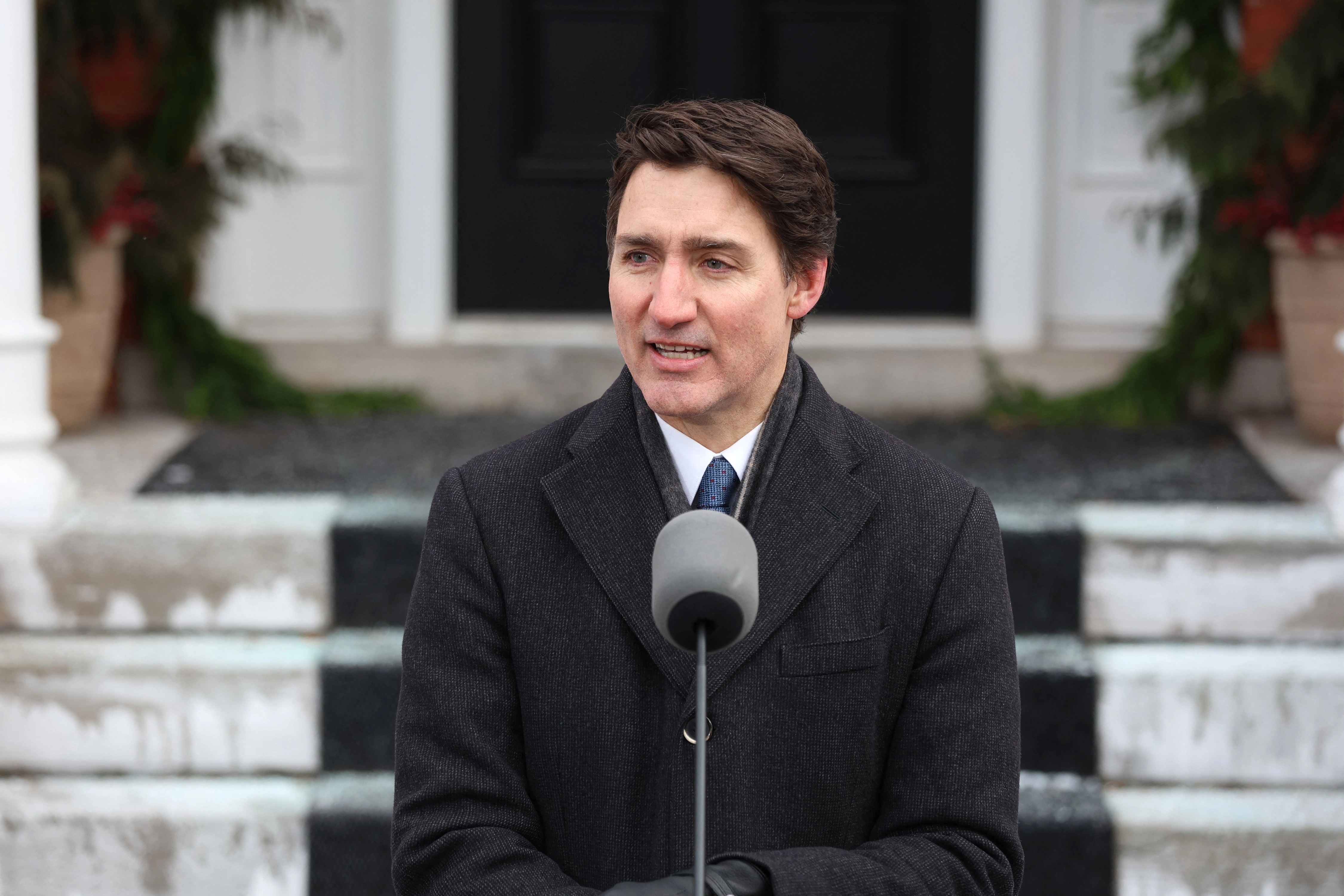Canadian Prime Minister Justin Trudeau’s declaration of support for Israel, marked by his statement “I am a Zionist,” has ignited considerable controversy and debate within the country and beyond. This proclamation aligns Trudeau with a long-standing political stance that recognizes the rights of the Jewish people to self-determination and supports Israel’s right to exist as a sovereign nation. However, it has also drawn criticism from various groups and individuals who argue that such a position overlooks the complexities of the Israeli-Palestinian conflict and the plight of Palestinians. Critics contend that Trudeau’s strong endorsement fails to address the humanitarian issues that arise from ongoing tensions and violence in the region. This situation has sparked a broader discussion about the role of leaders in international conflicts and the impact of their statements on domestic relations and foreign policy. Trudeau’s comments have prompted both support and backlash, highlighting the polarized views surrounding the Israel-Palestine issue and the challenges leaders face when publicly taking sides in such contentious matters. As the debate unfolds, it raises questions about the implications of political rhetoric and the responsibilities of government officials in shaping public opinion on sensitive global issues.
Canadian Prime Minister Justin Trudeau’s declaration of support for Israel, marked by his statement “I am a Zionist,” has ignited considerable controversy and debate within the country and beyond




